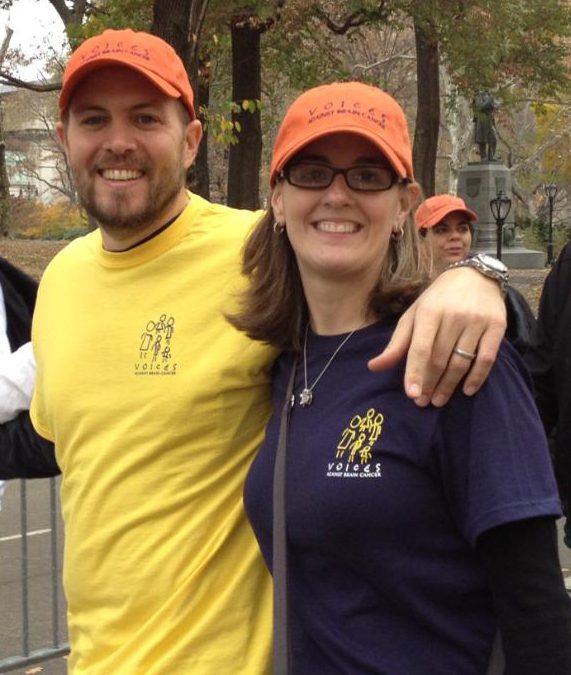Guest Blog Post by my sister, Julie Spoerl. I was so blown away by what she had to say that I had to share it with you!
This post is written for my readers who are currently caring for a loved one battling cancer. I’ve learned a lot over the past eight years that I think is important for others to know – especially because of the great numbers of people that seem to be battling cancer in our world today (it really is alarming!).
Even if you are not caring for someone right now, pay attention because you never know when this information will be helpful, but I hope and pray that you’ll never need my advice – ever!
As a caregiver of a cancer patient, I have only ONE patient. I know him inside and out. I am with him everyday and know his medical history better than anyone else anywhere. This is important because his doctors have MANY, MANY patients and even the best doctors don’t know him like I do. Of course, I don’t have a medical degree of any kind so we need to rely on the good docs for their knowledge and experience – but sometimes they are wrong.
Being a caregiver means more than seeing that his basic everyday needs are met and that he gets to where he needs to go…
- It means holding the doctors and nurses accountable to do what they are supposed to do – making sure that the proper medicine dosage is being given and prescribed (really they make mistakes a lot – this is scary!); or making sure they remember his medical history. Doctors and nurses are human too so they make mistakes too – they need someone to double check them and this falls into a caregivers role.
- It means researching the latest medical cancer breakthroughs so that we can ask well-educated questions at the appointments. This includes researching trials, finding out when drugs are newly FDA approved, and showing promise for specific cancers, and consulting other doctors and institutions. It takes time, but it is crucial.
- It means connecting with others in the community that are going through similar situations so that you can learn from each other. This can be done through fundraising organizations or online support groups. I have met so many people who have helped me and who understand the battle.
- It means learning how to read scans and medical reports so that you can stay on top of the care that your loved one needs and deserves – asking questions and taking notes so that you have accurate information and plans.
- It means letting others help out. No one can do this alone and no one should have to – let others help. They want to help. They need to help.
- It means trusting your intuition. If you think the doctor is incorrect, get a second opinion or a third opinion. Remember you know your loved one BEST and you have a better read on them than anyone.
- It means never giving up but knowing when to slow down.
When you become a caregiver, you see life in a different way. Little things become just that – little things. You learn to care less about what others think and enjoy the time that you spend with the ones you love. Fear becomes something that you learn to live with but not let control you.

Release Fear. Think Clear. Get Into Gear.

